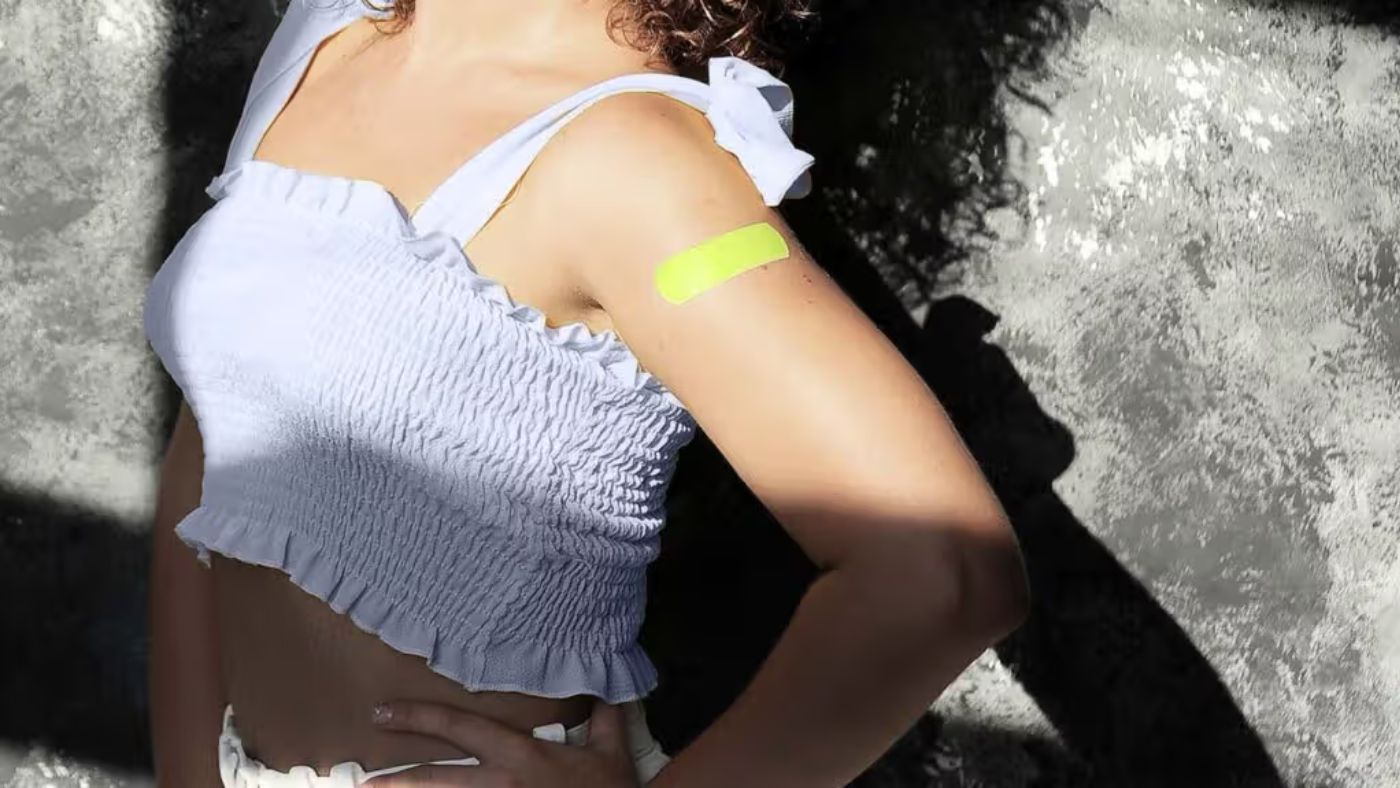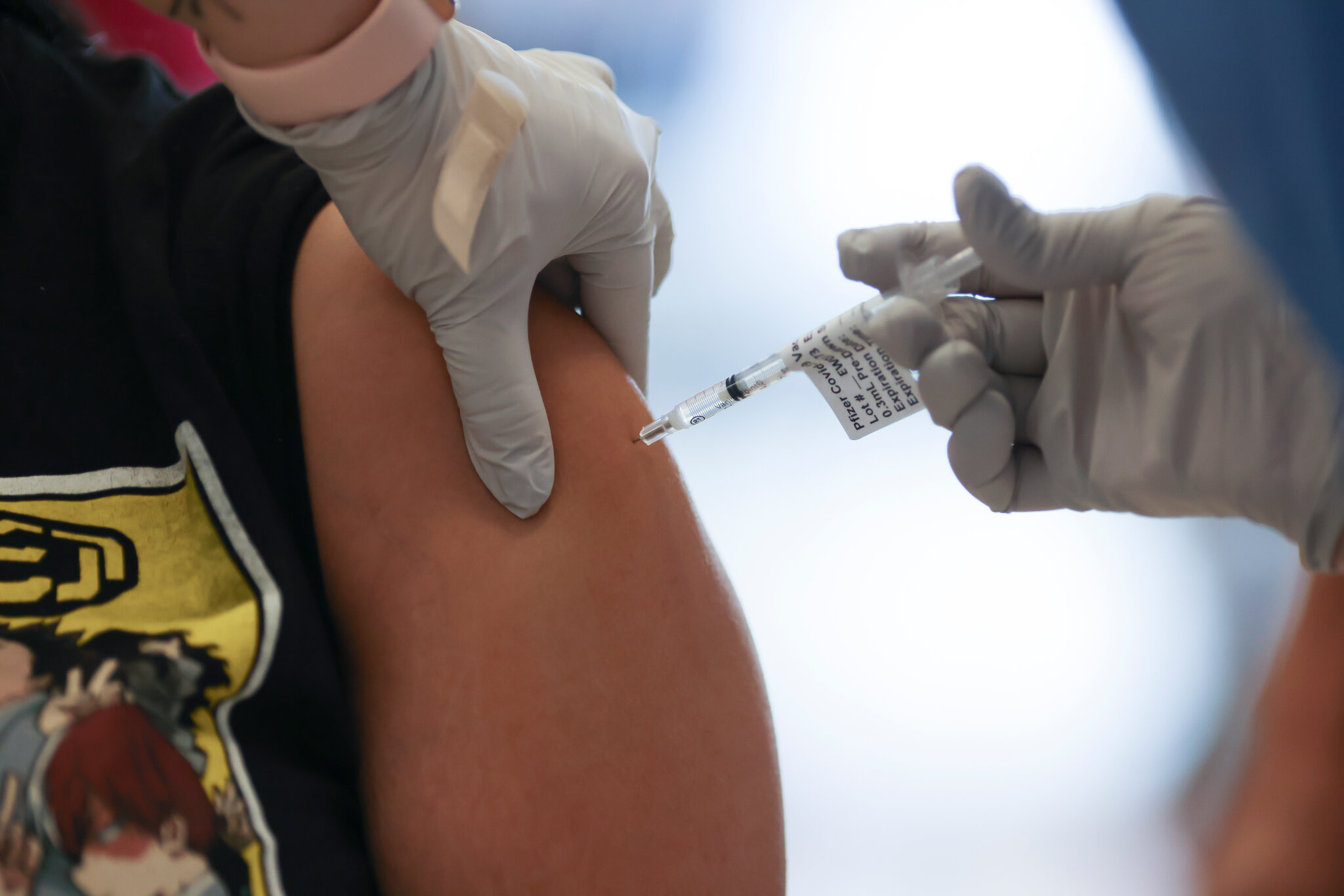A new study suggests that alternating arms for vaccine doses could enhance the immune response compared to receiving both doses in the same arm, potentially influencing future vaccination strategies.
The research focused on the initial two doses of Covid-19 vaccines. Participants who alternated arms showed a slight increase in immunity compared to those who received both doses in the same arm.
For individuals with weaker vaccine responses due to age or health conditions, even a minor boost could prove significant, according to the researchers.
However, given the widespread vaccination coverage during the pandemic, where most people have received multiple doses or had prior infections, the immediate benefit of alternating arms for Covid vaccines may be limited.
Nevertheless, if further research confirms these findings, it could impact the administration of all multidose vaccines, including childhood immunizations.
Dr. Marcel E. Curlin, an infectious disease physician at Oregon Health & Science University who led the study, emphasized caution in making recommendations at this stage.
“We need to understand this a lot better,” he noted. “But all things being equal, we ought to consider switching up the arms.”
Studies comparing these approaches have been relatively small and yielded mixed results thus far, with no significant differences in immunity observed in previous research.
According to Jennifer Gommerman, chair of the immunology department at the University of Toronto, who was not involved in the study, most vaccines effectively target a single arm, leveraging the robust immune response generated by lymph nodes.

She suggested that extending the interval between vaccine doses, as done in Canada with Covid shots, might offer greater benefits than switching arms, especially for boosting immune responses in immunocompromised individuals.
The study by Dr. Curlin and colleagues involved 54 pairs of university employees matched for age, gender, and time after vaccination.
Participants were randomly assigned to receive the second dose in the same arm as the first or in the opposite arm, excluding those who contracted Covid during the study.
Results showed that switching arms led to up to a fourfold increase in blood antibody levels, persisting strongly against both the original coronavirus strain and the Omicron variant.
“It’s a consistent, statistically significant effect; it’s pretty sizable; and it seems to be quite durable,” Dr. Curlin remarked.
The findings, published in The Journal of Clinical Investigation, suggest a shift over time towards higher antibody levels among those who alternated arms, contrasting with initial findings from a German study last summer.
Martina Sester, an immunologist at Saarland University in Germany, acknowledged the study’s findings as an interesting observation potentially contributing to successful immune responses.
She noted that alternating arms could be one of several straightforward measures to enhance vaccine efficacy.
Overall, while alternating arms for vaccine doses shows promise in boosting immunity, further research is needed to validate these findings and explore their broader implications for vaccine administration strategies.
